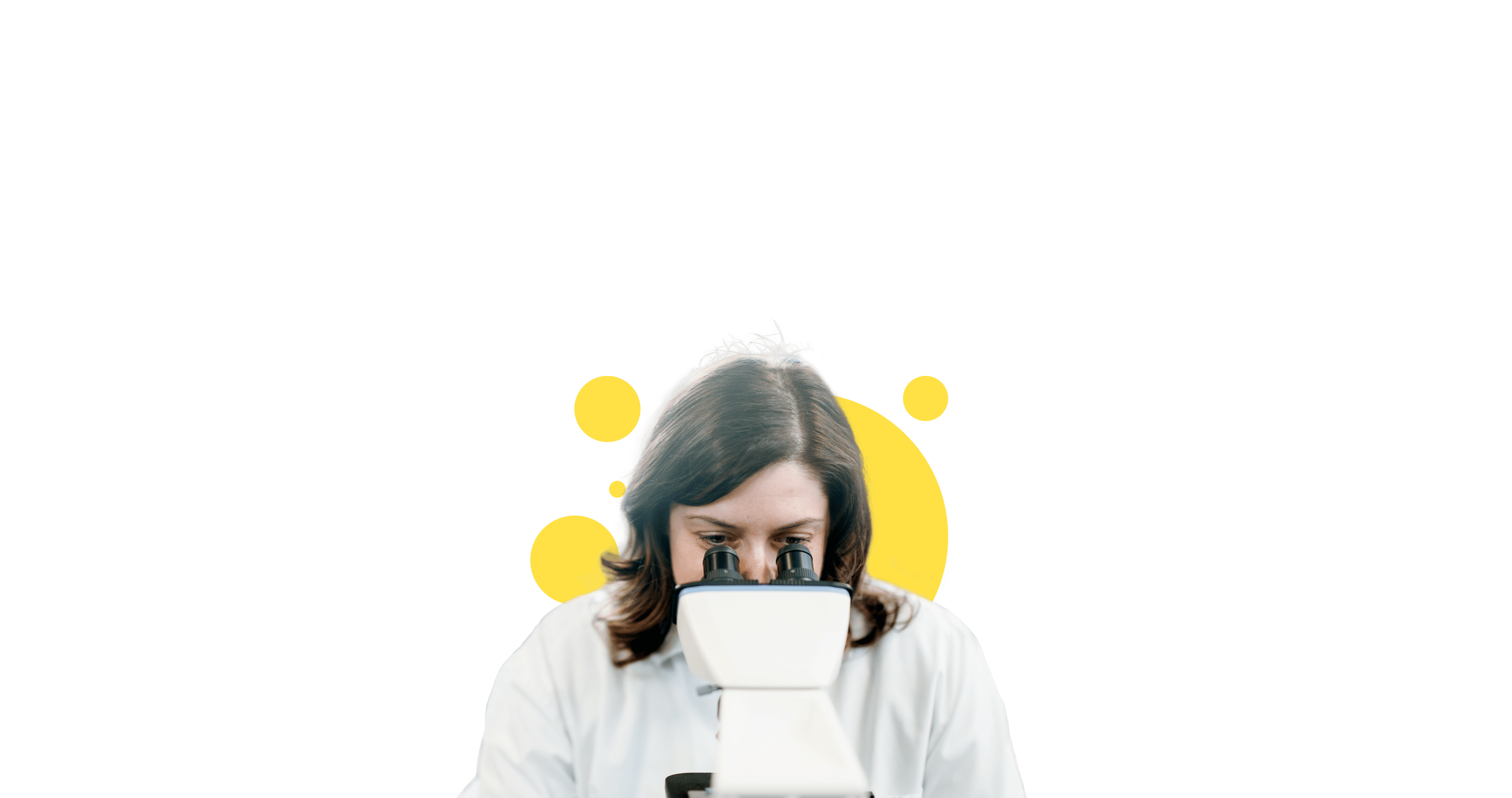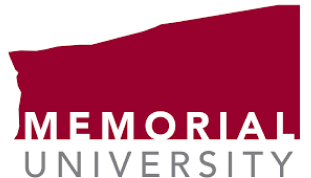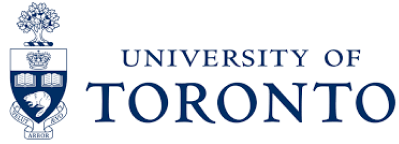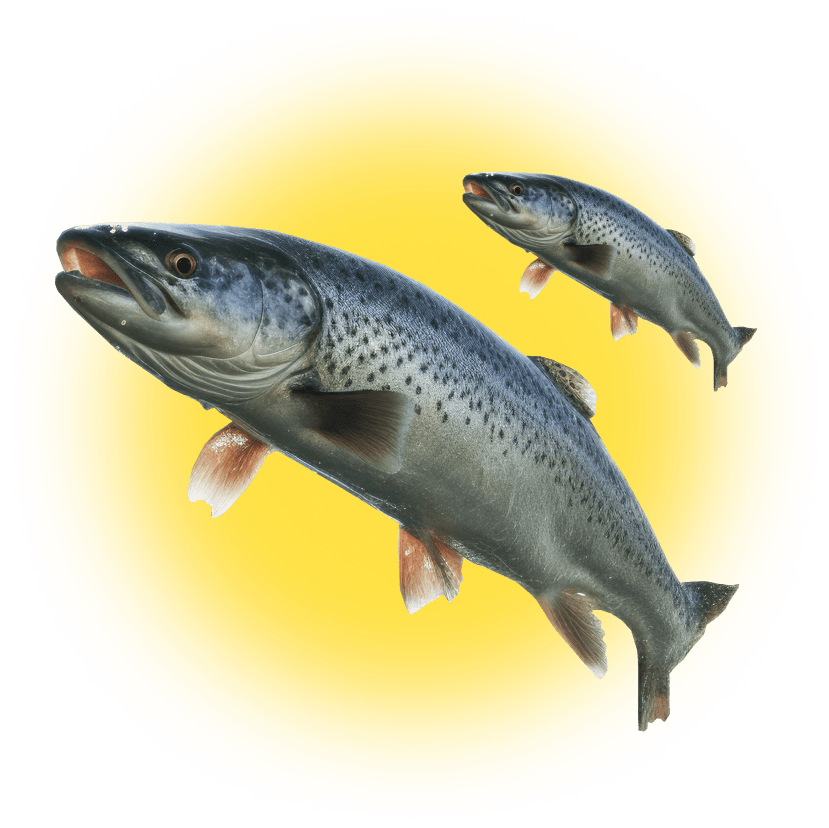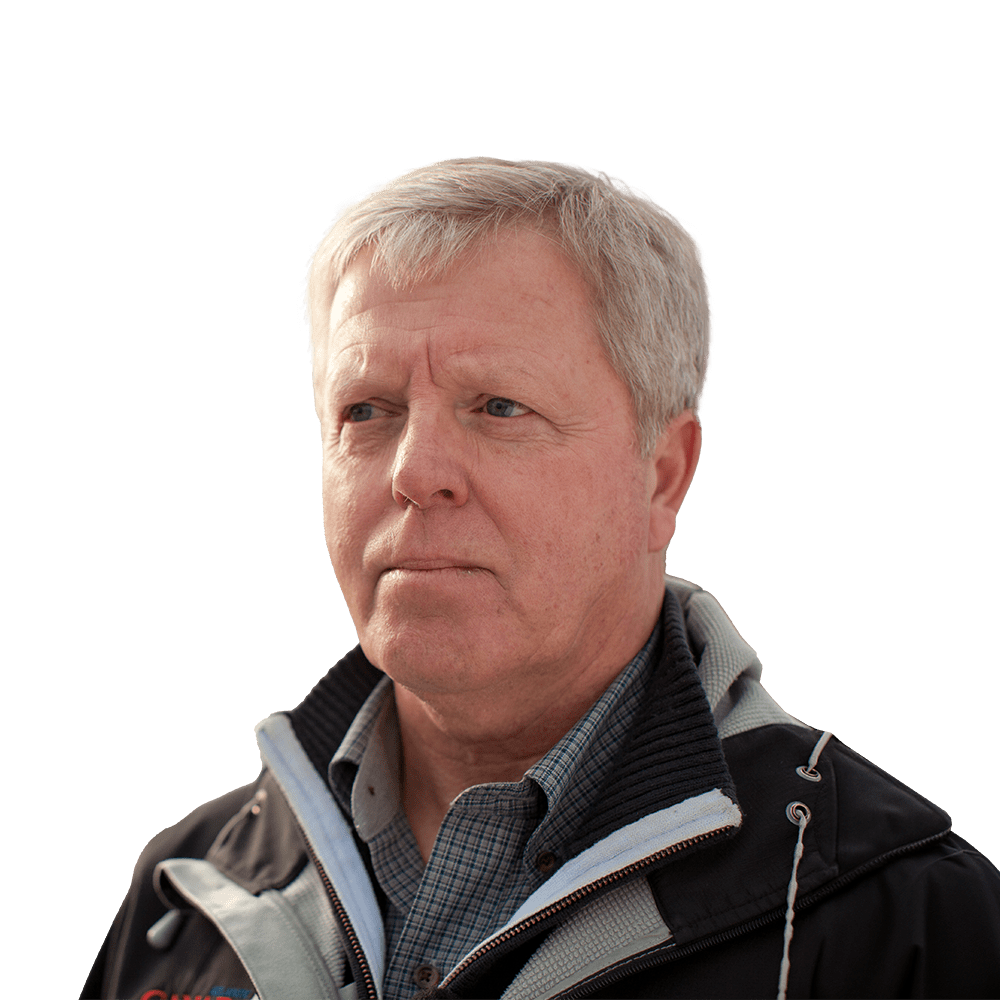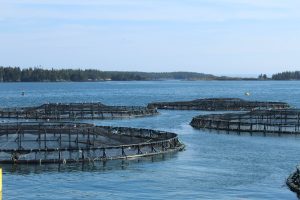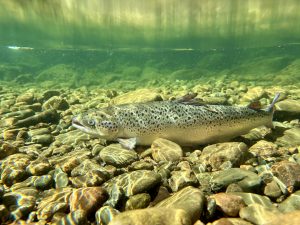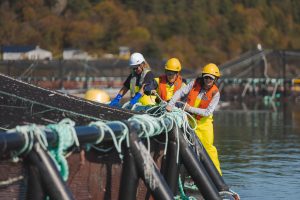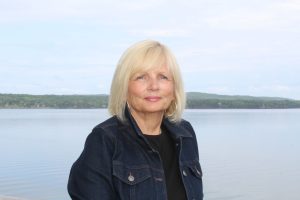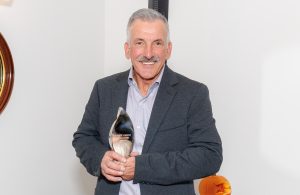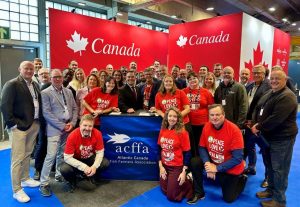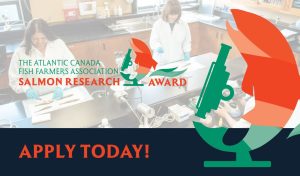Quantifying salmon feed waste, using salmon waste as fertilizer or fuel, feed trials to test alternate feed ingredients and sediment profile imagery are just a few of the many research projects occurring. Artificial intelligence is also being harnessed to make salmon farming more energy efficient and environmentally friendly. AI allows farmers to view and monitor fish health and feeding from remote locations.
The ACFFA plays a lead role on behalf of industry in advocating for scientific research and technological development that is industry-driven and ensures the ongoing sustainability of the sector. The ACFFA is proactive in maintaining relationships with R&D agencies and collaborators at the regional, national and international level by participating in research workshops and in the development of collaborative research programs.
